Time:
Understanding the aluminium foil price in Kenya is essential for importers and distributors navigating a growing and competitive market. Aluminium foil has become a staple in Kenyan homes, restaurants, and catering businesses due to its versatility in cooking, baking, and food packaging. From retail shelves to food service operations, demand continues to grow steadily.
As usage expands, businesses must pay close attention to pricing trends, sourcing options, and cost factors that influence the final retail and wholesale prices. In this article, we provide a detailed overview of the aluminium foil price in Kenya, outline key market drivers, and highlight how importers can secure quality products from global suppliers—especially from China.
Kenya’s food service and retail industries have seen rapid expansion in recent years. With the growth of supermarkets, fast-food chains, and home baking, the use of aluminum foil has surged. Consumers are increasingly relying on foil for cooking and food storage, while businesses in catering and takeaway services prefer it for its durability, heat resistance, and food safety.
Popular products in the Kenyan market include:
This surge in consumption has created steady demand for both branded and private-label foil products.
Kenya has limited domestic manufacturing capacity for aluminum foil. Most foil products found in the market are imported, with China being the dominant source, followed by the United Arab Emirates (UAE), India, and Turkey.
Local packaging companies may offer branded foil, but the core material is often imported. This makes international suppliers—particularly Chinese manufacturers—key players in the Kenyan aluminum foil supply chain. As a result, understanding the global pricing and import cost structure is essential for successful procurement.
Several interconnected factors determine the final price of aluminum foil in the Kenyan market. Importers and distributors should keep these in mind when evaluating supplier quotes and local resale prices:
Aluminum foil prices are heavily influenced by global aluminum ingot costs, which fluctuate based on supply, demand, and geopolitical factors. The London Metal Exchange (LME) sets benchmark prices, which ripple through the entire supply chain.
CIF (Cost, Insurance, and Freight) prices to Mombasa port or Nairobi ICD significantly affect landed cost. Recent global freight volatility and container shortages have further impacted costs. Importers also pay customs duties, VAT (currently at 16%), and port handling charges.
Most foil imports are priced in US dollars, making the USD/KES exchange rate a critical factor. When the Kenyan shilling weakens, import costs rise, potentially driving up wholesale and retail prices.
Aluminum foil is typically sold in various thicknesses (from 9 to 18 microns) and lengths. Thicker foil and longer rolls cost more. Kenyan consumers often prefer 12-micron household rolls and 45–75-meter catering rolls.
Private label printing, color boxes, and barcodes add to the cost. However, well-packaged foil rolls attract retail customers and can justify slightly higher prices in stores.
Here’s an overview of retail and wholesale pricing for aluminium foil products in Kenya as of 2025:
Prices vary depending on order volume, customization, and supplier terms.
Most Kenyan importers source aluminum foil from overseas manufacturers, with China leading the way due to its:
Chinese manufacturers ship bulk orders directly to Mombasa or Nairobi ICD. Many offer flexible minimum order quantities and help with label design, barcoding, and carton printing.
Other notable supplier countries include:
Importers often connect with suppliers through:
If you’re importing or distributing aluminum foil in Kenya, consider the following:
Kenya’s aluminum foil market is poised for growth, driven by increased urbanization, a growing middle class, and rising food packaging needs. Importers who offer consistent supply, good pricing, and attractive branding will gain a competitive edge.
There is also a growing demand for eco-friendly foil products and recyclable packaging, which presents new business opportunities for innovation.
Private-label brands, especially those offering custom packaging, barcodes, and shelf-ready boxes, are gaining traction in Kenyan retail.
Aluminium foil remains an essential product in Kenya’s households and food service industry. With limited local production, importers play a vital role in meeting the growing demand. By understanding the price structure, key suppliers, and logistics involved, Kenyan distributors can source competitively priced foil from reliable aluminum foil manufacturers—particularly in China.
If you're looking for a trusted supplier offering high-quality aluminum foil rolls, containers, or custom-printed packaging, Zhengzhou Eming Aluminium Foil Factory is ready to assist you with competitive pricing and tailored solutions. Let's grow your business together in the Kenyan market.
Related News
Get A Free Quote
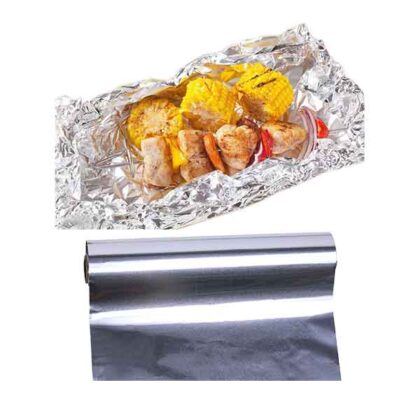
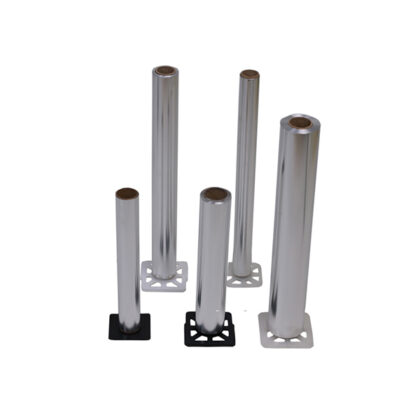
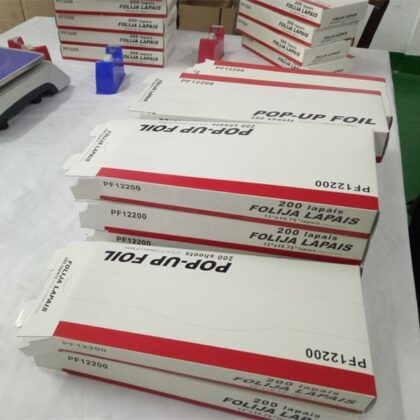
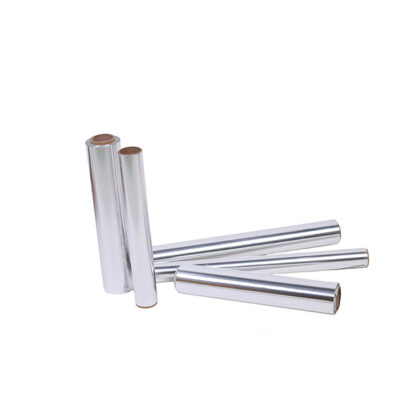
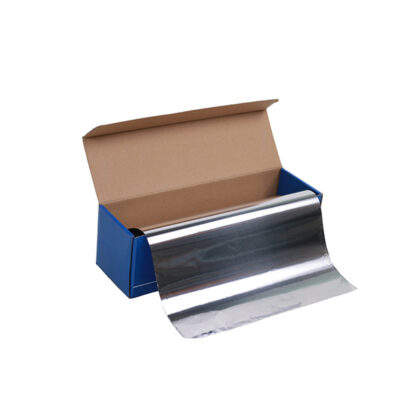
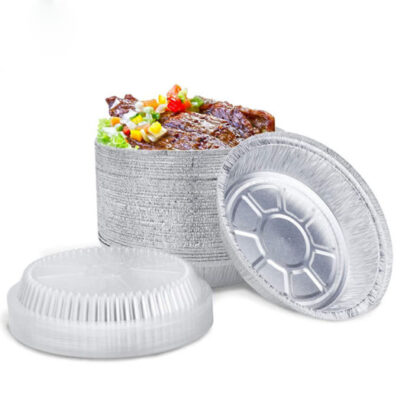
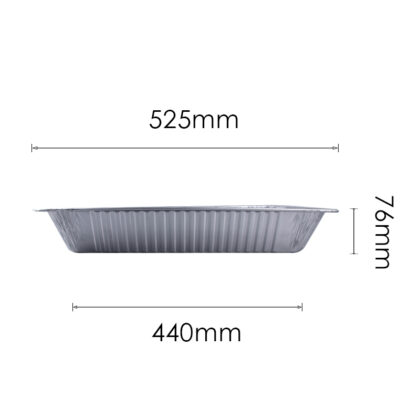
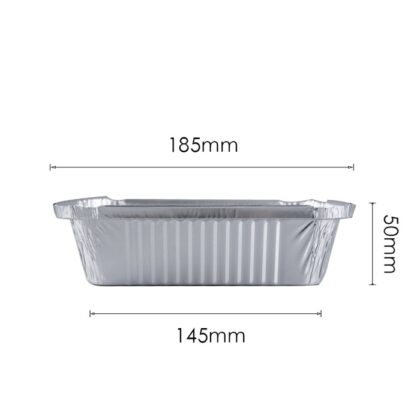

Submit Request